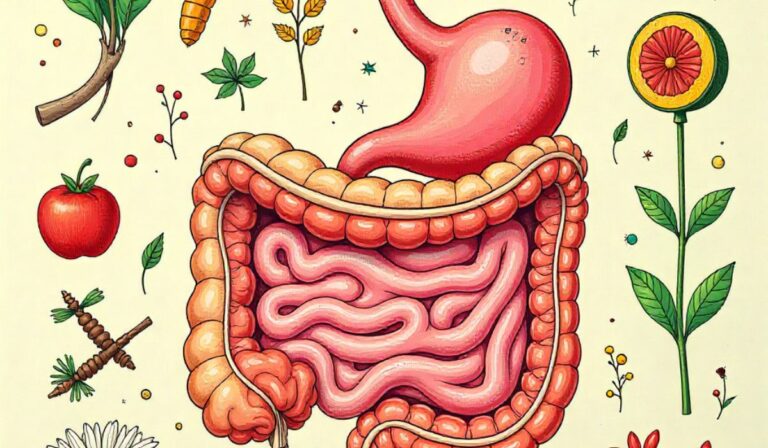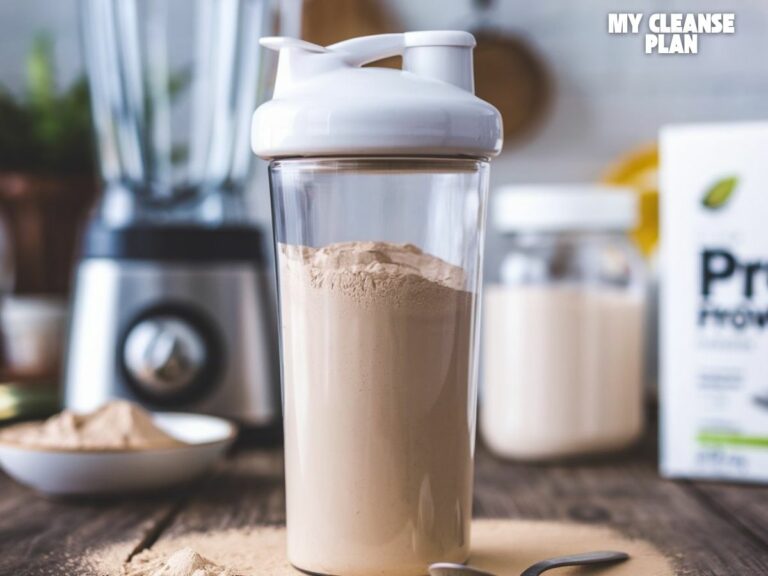How to Increase Protein Absorption for Maximum Benefits
Are you tired of feeling like your body isn’t making the most of the protein you consume? Protein is a crucial macronutrient for building and repairing muscle, supporting a healthy immune system, and providing energy.
But if your body isn’t properly absorbing all that valuable protein, you may not be reaping the full benefits. Fear not – this comprehensive guide will show you how to increase protein absorption and get the most out of your diet.
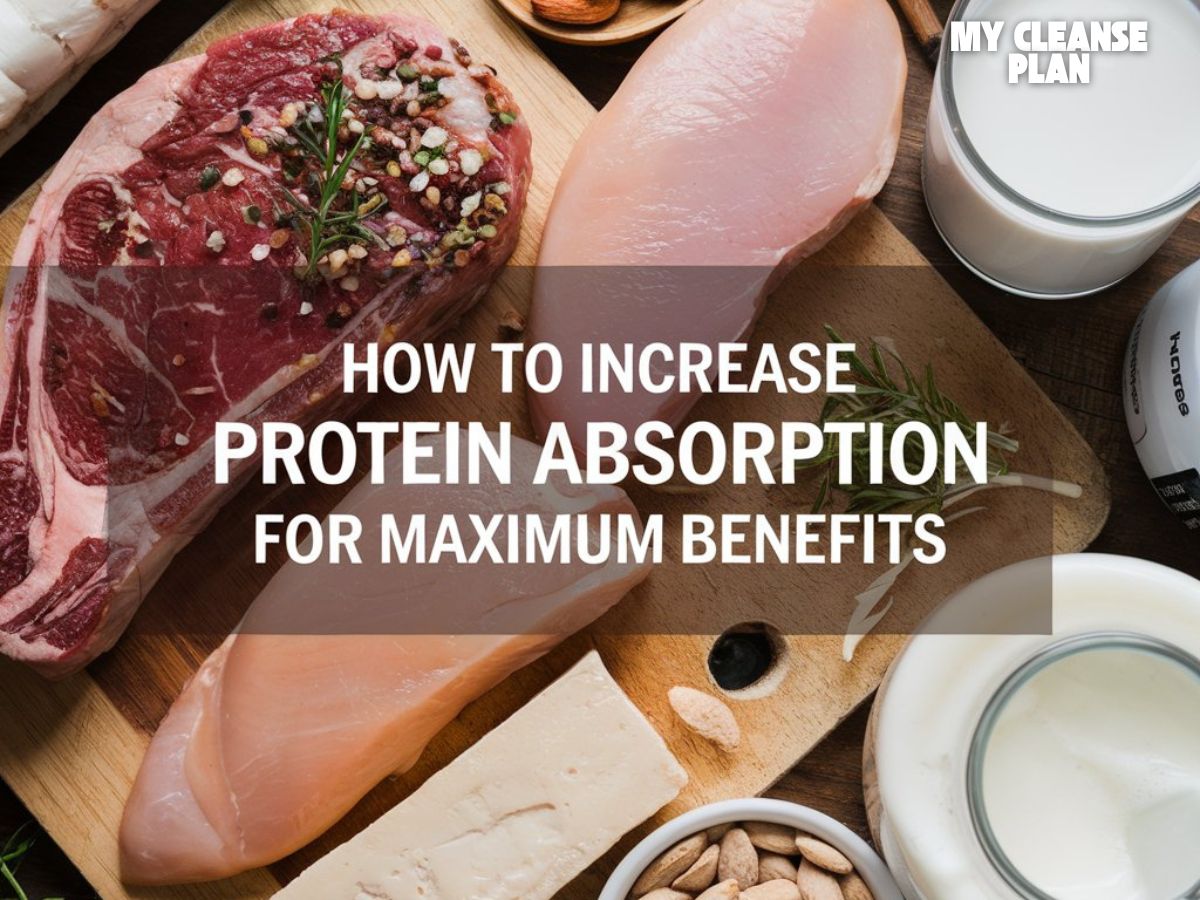
Key Takeaways
Expert Guide
Understanding Protein Absorption
Protein absorption is the process by which your body breaks down and utilizes the amino acids found in the protein you eat.
This process involves several steps, including:
- Digestion: Your stomach acid and digestive enzymes work to break down the protein into smaller peptides and amino acids.
- Absorption: These smaller molecules are then absorbed through the walls of your small intestine and into your bloodstream.
- Utilization: Your body’s cells can then use these amino acids to build and repair tissues, produce hormones, and support various bodily functions.
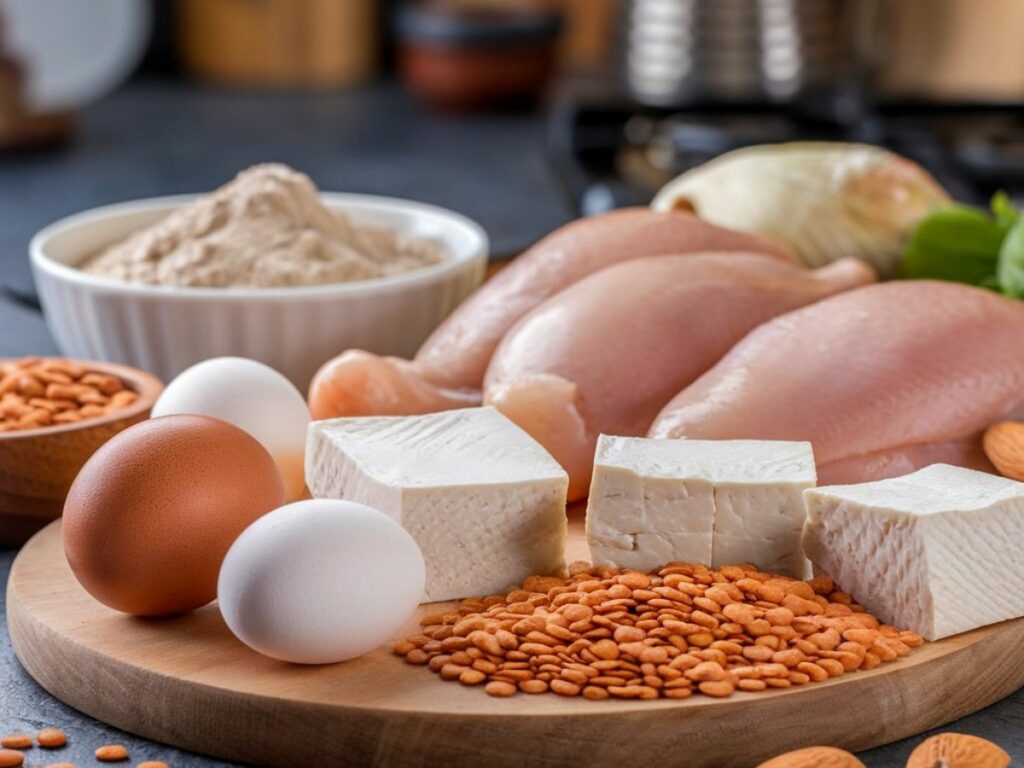
The efficiency of this process can be influenced by a variety of factors, from the type of protein you consume to your overall gut health.
By understanding these factors, you can make simple tweaks to your diet and lifestyle and see how to increase protein absorption for maximum benefits
Factors That Affect Protein Absorption
There might be several factors that affect absorption. These factors determine how to increase protein absorption.
1. Protein Source
The type of protein you eat can have a significant impact on how well it’s absorbed. Animal-based proteins, such as meat, eggs, and dairy, are generally more bioavailable, indicating how to absorb more protein and utilize a greater percentage of the amino acids.
Plant-based proteins, like those found in beans, lentils, and soy, may have a lower absorption rate due to the presence of compounds like phytates and fiber.
2. Protein Timing
When you consume protein can also affect absorption. Spreading your protein intake throughout the day, rather than consuming it all at once, can help ensure a steady supply of amino acids for your body to use.
Consuming protein shortly before or after exercise can also enhance absorption, as your muscles are primed to utilize the amino acids for repair and growth.
3. Gut Health
Your gut health plays a crucial role in protein absorption. Conditions like inflammatory bowel disease, celiac disease, and small intestinal bacterial overgrowth (SIBO) can impair your body’s ability to break down and absorb protein effectively.
Maintaining a healthy gut microbiome by consuming probiotic-rich foods and avoiding inflammatory triggers can help optimize protein absorption.
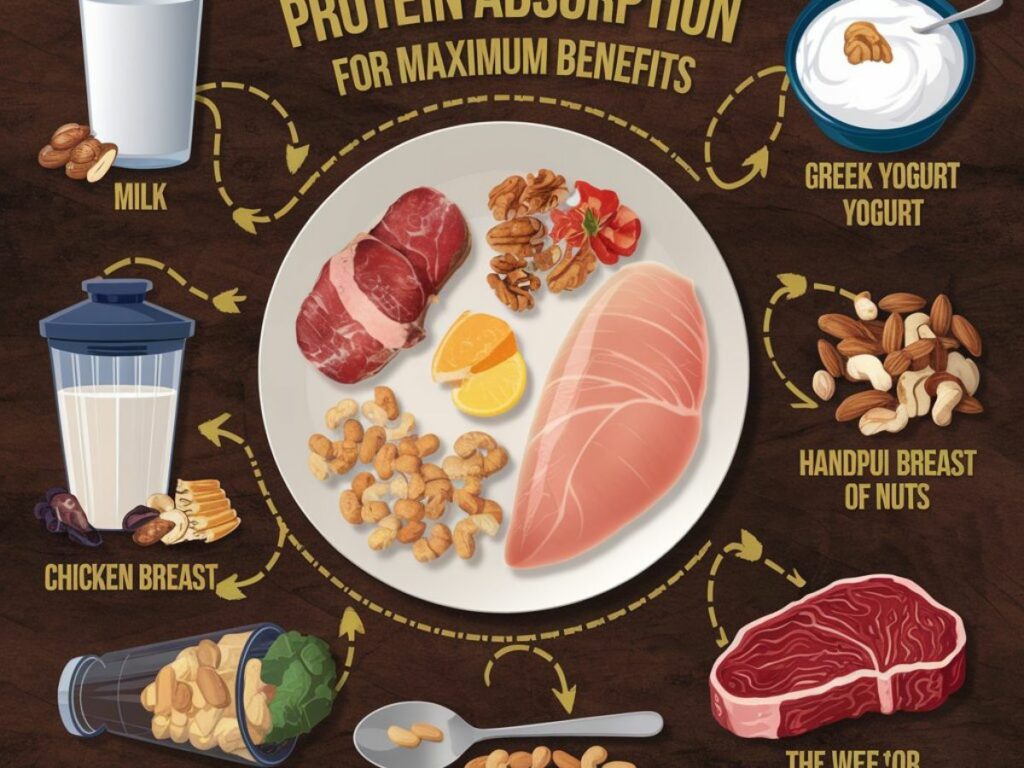
4. Nutrient Interactions
Certain nutrients can either enhance or impair protein absorption. For example, vitamin C can improve the absorption of non-heme iron, which is important for the production of hemoglobin, a protein that carries oxygen in the blood.
On the other hand, high levels of calcium or zinc can interfere with the absorption of other minerals, potentially impacting protein utilization.
5. Hydration
Staying hydrated is crucial for proper protein absorption. Water is essential for the digestive process, helping to break down and transport the amino acids from the intestines to the cells that need them.
What Are the Best Practices to Increase Protein Absorption?
Now that you understand the factors that influence protein absorption, let’s explore some practical tips to help you understand how to increase protein absorption bodybuilding and get the most out of the protein in your diet:
Consume a Variety of Protein Sources
By including a mix of animal-based and plant-based proteins in your diet, you can ensure you’re getting a complete range of amino acids.
This can help maximize the overall absorption and utilization of the protein you consume.
Pair Protein with Probiotics
Incorporating probiotic-rich foods, such as yogurt, kefir, or fermented vegetables, into your diet can help support a healthy gut microbiome, which in turn can improve protein absorption.
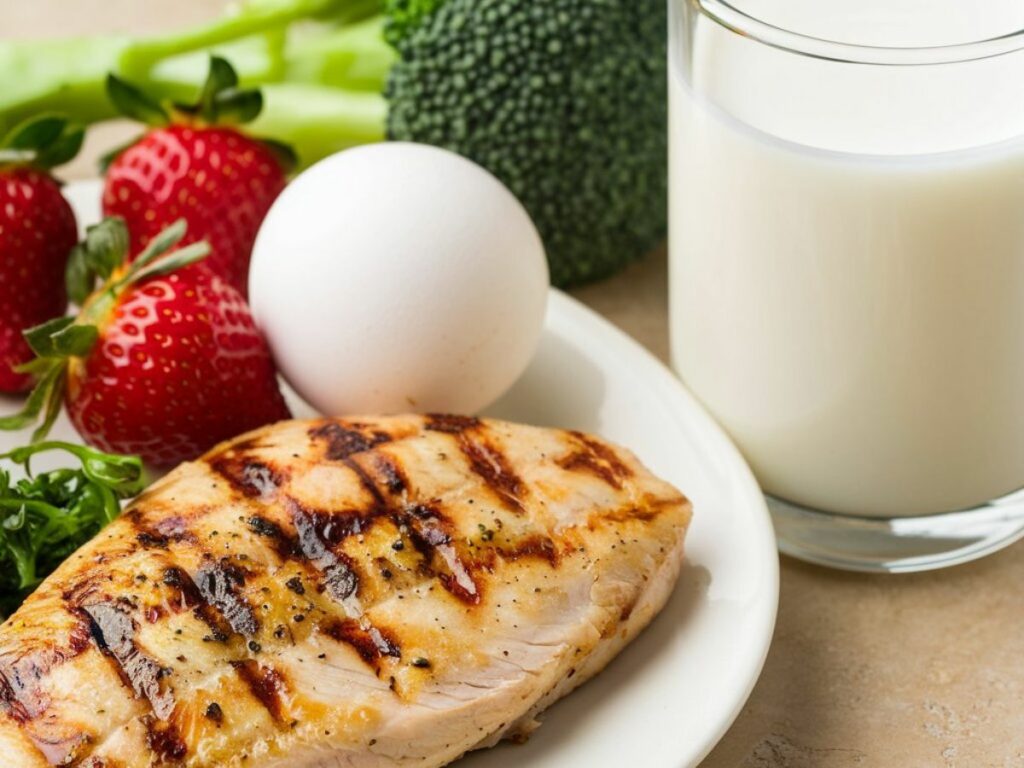
Prioritize Protein Timing
Aim to consume protein throughout the day, rather than in one or two large servings. This can help maintain a steady supply of amino acids for your body to use.
Additionally, try to consume protein before and after your workouts to enhance muscle recovery and growth.
Enhance Nutrient Absorption
Pairing your protein with foods or supplements that can boost nutrient absorption, such as vitamin C or omega-3 fatty acids, can help optimize the utilization of the amino acids.
Stay Hydrated
Drink plenty of water throughout the day to support the digestive process and ensure proper protein absorption.
Consider Protein Supplements
If you’re struggling to meet your protein needs through whole foods alone, high-quality protein supplements, such as whey, casein, or plant-based powders, can be a convenient way to boost your intake and improve absorption.
When and How to Increase Protein Absorption
When you eat protein is just as important as how much you eat. Studies suggest that spreading your protein intake evenly throughout the day can enhance absorption and muscle protein synthesis. Instead of loading up on protein in one meal, aim to consume 20-30 grams of protein every 3-4 hours.
For example, if your daily protein goal is 120 grams, you could have 30 grams at breakfast, lunch, dinner, and a post-workout snack.
Besides, eating protein before bed can be particularly beneficial for muscle repair and growth, especially if you exercise regularly.
A slow-digesting protein like casein (found in dairy) is ideal for nighttime consumption.
Pair Protein with the Right Nutrients
Your body needs a little help from its friends. Certain nutrients can enhance protein absorption and utilization.
- Vitamin B6: Plays a critical role in protein metabolism. Foods rich in B6 include poultry, fish, potatoes, and bananas.
- Magnesium: Essential for the synthesis of protein. Dark leafy greens, nuts, and seeds are great sources of magnesium.
- Zinc: Helps in the digestion and absorption of protein. You can find zinc in meat, shellfish, legumes, and seeds.
Avoid pairing protein with too much fiber in a single meal, as high-fiber foods can bind with protein and prevent its absorption. Instead, balance your meals with a mix of protein, carbs, and healthy fats for optimal absorption
Optimizing protein absorption isn’t about making drastic changes—it’s about making smart, informed choices.
Explore Also:
Creativehouseblog
Dietsheriff
Gigasecurehome
By selecting high-quality protein sources, timing your intake, supporting your digestion, and leading a healthy, active lifestyle, you can ensure your body makes the most of every gram of protein you consume.
FAQs Of How to Increase Protein Absorption for Maximum Benefits?
How long does protein take to be absorbed?
Generally, 3-4 hours for most of the protein to be broken down and absorbed.
What are the best protein sources for absorption?
Animal proteins like meat, eggs, and dairy are the most bioavailable. Plant proteins can also be good with proper preparation.
Can supplements improve protein absorption?
Yes, digestive enzymes, probiotics, and amino acid chelates can support protein digestion and utilization.
How does gut health affect protein absorption?
Conditions like IBS and celiac can impair protein absorption. Maintaining a healthy gut microbiome is important.
Does timing protein intake matter for absorption?
Yes, spreading protein intake throughout the day and around workouts can optimize absorption and utilization.




